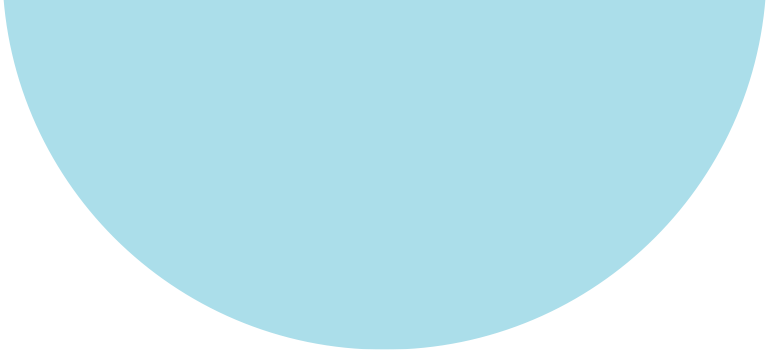

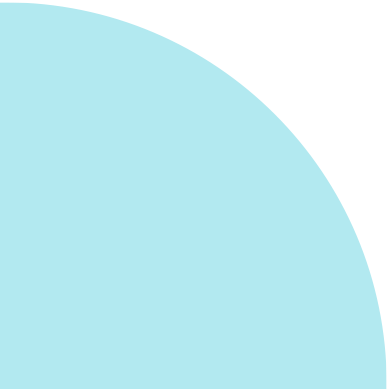




We are using substitutes as crutches for what we’ve lost: a baseline expectation of healthy masculinity. We no longer have mentors to model it for us from boyhood. We no longer have a culture that calls us to it. Absent encouragement—with our nature even demonized—we seek dopamine hits to cope with the stress of life and downward spirals of guilt and shame.
This is where Fathers for Fathers is gathering men together to begin renewing themselves and each other. This is no ‘calling out’. This is a calling-up.
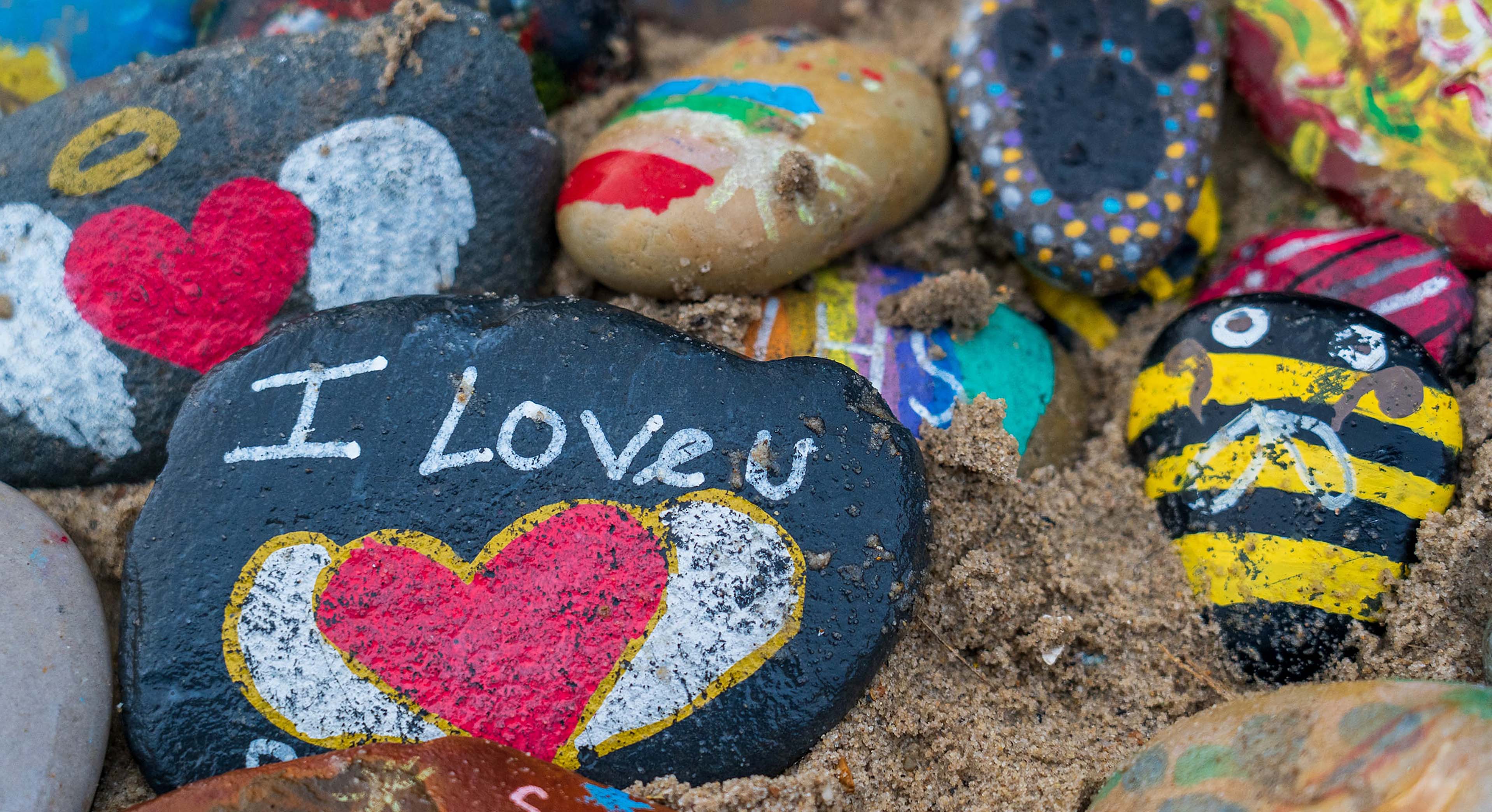
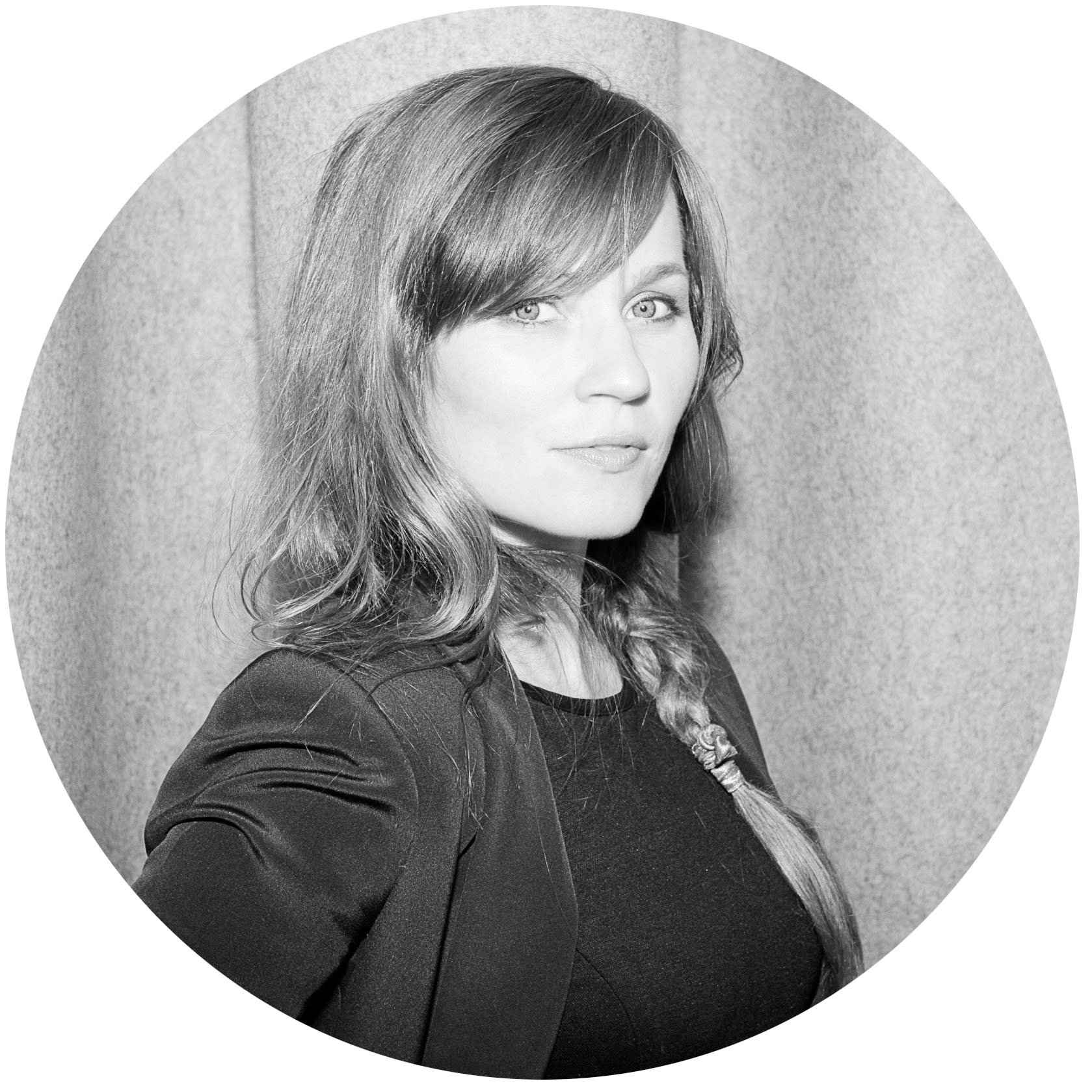
In the middle of a conversation about estate planning, Cale Dowell’s client slipped into delicate territory. ‘One of our sons is a new addict,’ she told him, sobbing, uncertain how to handle the family legacy in the best interest of her son’s health. “I remember looking her in the eyes and telling her I knew what she was going through,” he says. “As she looked into my eyes, I could see it. I could see the recognition in her that she wasn’t just talking to someone extending well-intended words, but someone that actually knew what she was experiencing. She let out a deep breath. Moments like that help us breathe.”
Dowell describes his own journey of fatherlessness—having a father who was either not present, not in his right mind, or causing pain—as galvanizing his faith and parenthood. “There’s my history with my dad, and my wife had her own traumatic childhood as well. We’re breaking every chain together,” he says. “We are starting an entirely new lineage.”
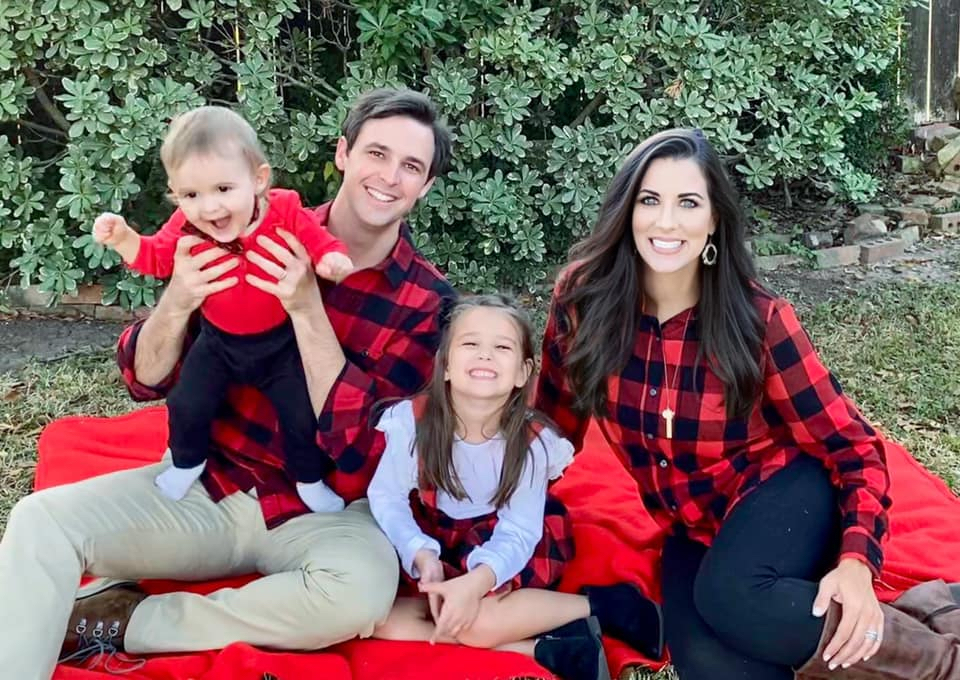
What’s your history, Cale, and how has it shaped your present?
During the critical years of my transition from being a boy to becoming a man, my father was enticed by a monster that lives inside all of us—that prowling lion called sin that patiently waits for its opportunity to pounce. It took him down a path of destruction, ensnaring him as a successful executive and church deacon, and releasing him into a new life as a crystal meth addict. He probably always had issues I didn’t know about, but when I went to college his massive spiral of addiction began. Burned every bridge, spent every dollar.
It took the better part of a decade for my father to unravel completely, and for us to fully understand what was going on with him. During those significant years of my life—finding my identity, starting a career, getting married, having my first child—I did not have a father I could turn to for wisdom, guidance, or love. In many ways, I was forced to take on responsibility that he abdicated.
But God is faithful, even when we are faithless. Through the years He supplied men of substance, faith, humility and wisdom to fill the void left by my father. Men who spoke truth into my life when I desperately needed it. Men that offered their friendship and counsel when I had nothing left to offer in return.
Now I’m navigating my own fatherhood, as my wife and I seek to parent our children with excellence, living as the Bible commands—including honouring my father and mother. But when a person causes so much destruction, it can feel like there’s not much left to honor. Beneath the sin, addiction, and pain, there is a real person who has the same capacity to love and desire to be loved as I do. He wants to know his grandchildren—and we want our kids to know their grandfather without hiding anything from them—but we also have to protect them. They should have the opportunity to know their grandfather on their own terms, but that’s a challenging road to balance.
Christian values would tell us to lean into charity and forgiveness, and that’s true—both set us free—but how do you balance and have boundaries when the safety and security of you and your loved ones is at stake?
My mom tried to fight for her marriage. But she was also in danger, and his destruction took nearly everything from her. So not only did I lose the guidance of my dad at a formative time of my life, but in many ways I took on responsibility to help my mom navigate life after hers was shattered. She needed help. He was AWOL, and tasks like paying taxes or renewing car insurance are examples of things she had never had to do. I had no idea what I was doing either, so it was very much a ‘learn by doing’ and ‘fake it till you make it’ time of my life. As you can imagine, I grew up fast. All while staging interventions for him, discovering he’d stolen my car, confronting him about fraud. This is a man I had to put in prison not once, but twice. We had to protect the family, and in a way, protect him from himself.
I don’t know if I have made all of the right choices. But I’ve learned a lot about boundaries, trust, consequences, and putting my family first.
The boundaries I’ve set apply to me just as much as my dad. I wrestle with being acutely aware of my family history if I’m going to protect my family from repeating it, and living in the freedom God provides. I need to be accountable, and I need accountability. The Bible says He who walks with the wise grows wise. We all need good community. Even in the Garden of Eden, it wasn’t just about procreation—before sin entered the world, God said, “It is not good for the man to be alone.”
If we don’t get clear on our boundaries and insist on them, we open ourselves to being dragged down into depths that aren’t even ours. We balance those boundaries with understanding, humility, and a daily practice of forgiveness. My dad had problems. My dad caused pain. But that doesn’t make me perfect, and it doesn’t make him evil. We’re always—especially when we’re in pain—one impulse away from the kind of sin that grows into a demon inside of us. As 1 Peter 5:8 says, “Your enemy the devil prowls around like a roaring lion looking for someone to devour.”
What has it done for you over the years to find other people who’ve been through something similar?
Vulnerability is so powerful. It doesn’t fix anything, but it relieves the pressure. When you meet others who’ve had their own version of what you’re going through, that’s proof you’re not alone. God hasn’t forgotten you. That’s the foundation of healing—the knowledge that you’re not alone. That’s why programs like AA and Al-Anon are so important. It’s a relief to be around people going through similar challenges. People with the same exhaustion, the same guilt and shame, and the same problems that feel unsolvable.
The enemy wants us to feel isolated, and he attacks the point of unity. We combat that with community. That’s the purest form of what the church should be—human beings admitting they’re human beings, and that things are not okay. Something in my life may be breaking, or broken, but I’m not the only one.
How’s your dad doing these days?
During the pandemic, nearly every support system for addicts was locked down. But if you wanted to buy drugs, they’d come straight to your doorstep. He was supposed to come to my daughter’s birthday, and my wife and I prayed so much over this. He hadn’t seen his grandkids in a while, but with him—with addiction—you never know what you’re going to get. He didn’t show, and when we were finally able to get hold of him it was evident he’d been using. What we didn’t know was that this time it caused him to have his first stroke.
After that, his behavior became more abnormal, even for a meth addict. He didn’t pay his bills and was without power and water for over a month. During which time, he never left his apartment. People would drop off food and it would spoil on his porch—he barely existed. My uncle would call me in the middle of the night, sure he was dead, and asking me to go find the body. I finally coaxed him into a homeless clinic, but he refused testing. Eventually he was evicted. The last picture I have of my father standing up is him being placed into the back of another police car. Not long after that, he had another massive stroke.
He’s in a nursing home now. He’s only in his mid-sixties, but he can’t speak or move. He’s so angry. He weighs 90 pounds. His body is a cage, and he’s convinced the world is against him. I bring my kids out to see him, and I try to explain to them in a way that makes sense when they’re so little. I tell them ‘GrandStan’ has a disease, but that he loves them and we love him very much.
During the periods of time when we’d let him around the kids, he would paint rocks for them. He didn’t have any money, so it was his way of giving a gift. My kids loved them, and kept a little rock garden in our backyard of their rocks from GrandStan. Now, sometimes when I take them to see him, they paint rocks for him. Some days he’s in a decent mood and perks up. Other days he doesn’t want their rocks.
I wish I had a ‘feel good’ ending to the story. But the truth for us, and I think for many people who are navigating similar situations, it's taking it a day at a time and choosing not to let another person’s actions define you or your family. To those people going through it, I would simply say this: I see you. You’re not alone. Pain hurts, but it also makes us stronger. You’re stronger than you know. The sun will shine again, and when it does you’ll recognize its beauty in ways others can’t understand. And that’s a beautiful thing.
Tell me more about how you pray, when you pray for your dad. Have your prayers shifted over the years?
My prayers have changed over time. It used to be, Please help him overcome this addiction. Addiction might begin with a choice, but it turns into a disease. I believe that disease is the spirit of the enemy alive inside him given a foothold over his life. I wanted that evil spirit that was binding him to be broken. So I used to pray against the disease, and for healing, hope and restoration for his soul. He was a deacon at the church—he knows Christ as Lord and Savior—but like the Prodigal Son, he dug himself into a pit. I used to pray he’d grab the rope and climb out. The rope is always there, but you have to be willing to grab it. For reasons I may never fully understand, he wasn’t.
Now, I pray God will intervene even if his condition never changes. The heart can always be lifted. In any condition, in any way, and in any place, we are capable of serving a purpose and glorifying God. Today my prayer is that he’ll see that hope and grab that rope.
Have you ever had a reckoning or reconciliation with your dad?
Trust is fragile. When it’s shattered you can glue it back together, but it’ll never look the same. I believe I’ve done what is within my capacity to do. I told him he’s forgiven, but I have to be just as committed to protecting my boundaries as I am to forgiveness. My dad is brilliantly smart. Like so many high-functioning addicts, he is a master manipulator. He would use the Bible. He would tell you whatever you wanted to hear. He has apologized, and more than once, but many times it would come with a ‘but…’ where he would shift the blame, or reinforce his own narrative, and that adds another crack rather than mending one.
All I can do is my best to keep my side of the street clean. That’s all any of us can do.
How has being your father’s son affected your fatherhood?
Addiction runs in families, they say. Most doctors agree there’s a gene, like a trait, that makes one more susceptible. If that’s true, it's not something we can change. But what we can do, and what I think is more important, is the recognition that we have the power to break the chain. Maybe it’s a gene, or maybe it’s not. But what I do know is that the enemy would have the chains that bound our ancestors continue to bind us.
No matter what we witnessed or experienced as children—no matter what we were conditioned to believe is ‘normal’—the old is gone. The new has come. There is freedom from the chain in Christ. We have planted a new flag. A new family. We are not slaves to the sins that came before. That’s our prayer, that our family lives in the truth that Jesus has broken every chain. He has set us free. Amen.